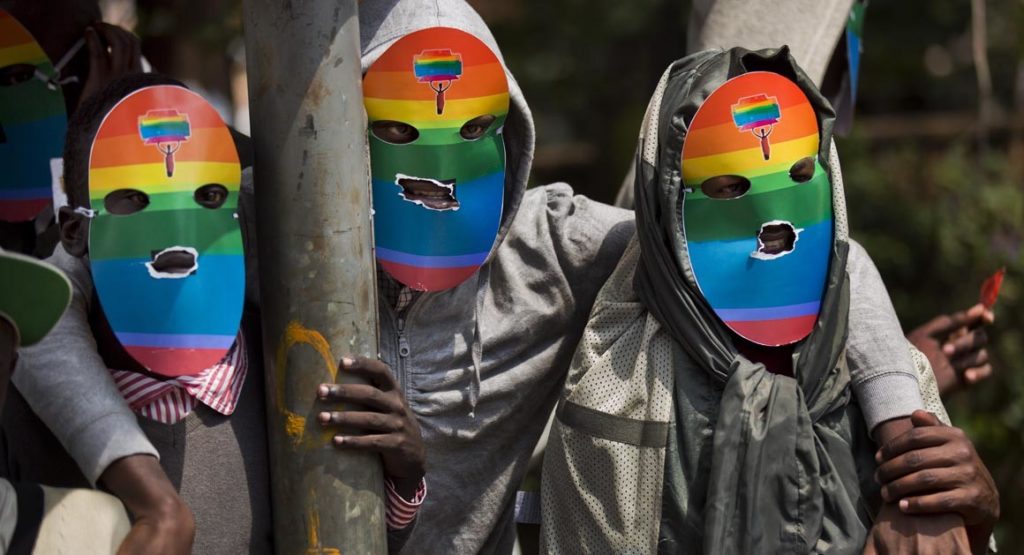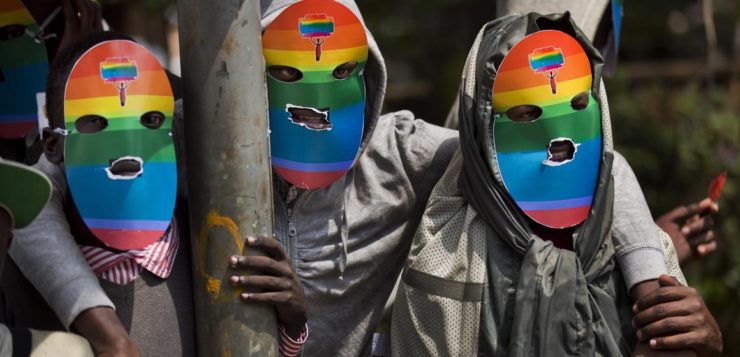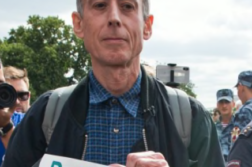IN 2010, after a long and tumultuous struggle, Kenya passed a constitution that guarantees broad rights and freedoms, and it captured the aspirations of its citizens. The constitutional draft was overwhelmingly accepted in a national referendum. The new constitution has been described as one of the most progressive in the world. However, when it comes to LGBT rights, the government has continually violated the concept of equal protection as enshrined in the constitution. This has been due to a lack of political will to apply these rights to LGBT people, along with anti-gay attitudes emanating from a conservative religious culture.
Chapter four of the Kenyan constitution enumerates several rights and freedoms, among them the rights to privacy, freedom of belief and opinion, and freedom of association. The chapter includes a Bill of Rights, self-described as “an integral part of Kenya’s democratic state” and including the following declaration (Part 2): “The purpose of recognizing and protecting human rights and fundamental freedoms is to preserve the dignity of individuals and communities and to promote social justice and the realization of the potential of all human beings.” It goes on to state that these “fundamental freedoms … belong to each individual and are not granted by the State.”

Despite these guarantees, such rights and freedoms are not enjoyed by many in Kenya’s LGBT community, whose members continue to struggle for recognition and inclusion. Even though there has been a proliferation of gay groups and organizations since the mid-2000s to promote awareness, education, and tolerance, LGBT people in Kenya face deep-rooted intolerance. This goes back to the colonial era, when the British enacted anti-gays statutes that carried dire penalties. Post-independence Kenya kept these laws on the books for many years and continues to criminalize homosexual acts. Meanwhile, the spread of Christianity and Islam has only reinforced the anti-gay attitudes of the colonial era. Under the current penal code, anyone engaging in a homosexual act is criminally liable and faces up to fourteen years in prison.
Crispas Musau teaches at the Institute on Globalization & the Human Condition at McMaster Univ. in Hamilton, Ontario.






